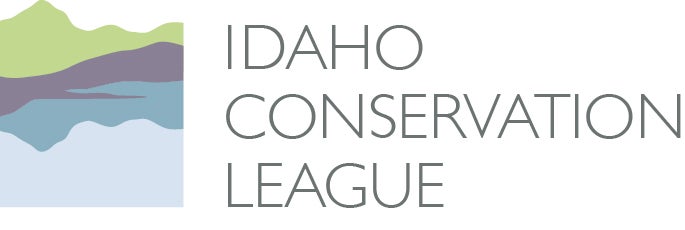Idaho Conservation League
 About
About
We Stand for Idaho
We are a conservation community working to keep Idaho the kind of special place you experienced as a child-and to protect it for the next generation of children. Since 1973, ICL has connected people like you-people interested in conservation-to decision makers and to each other.
Our work focuses on mitigating and adapting to climate change in Idaho, restoring salmon and steelhead to healthy populations, preserving public lands and the flora and fauna that call them home, and cleaning up the Snake River.
From the high desert of southern Idaho to the rainforest in northern Idaho and to the mountains and rivers of central and eastern Idaho-we’ve been working vigilantly for more than 40 years to protect what you love about Idaho.
Services
- ICL provides a community of supporters across Idaho who are interested in protecting Idaho’s clean air, clean water, pristine landscapes and native flora and fauna.
- We are proficient at engaging with Idahoans on pressing environmental issues and connecting them with decision makers.
- Our staff is experienced with environmental policy development, regulatory oversight, and building consensus on solutions that protect Idaho’s environmental.
Collaborative Projects
Our climate work does not involve any current collaborations with BSU; however, we have a number of topics we’d be interested in collaborating on, including:
- Preparing communities for poor air quality during wildfire and prescribed fired events. We aim to work with communities to set up “clean air spaces” – a designated building or room that has filtered air for community members to visit during poor air quality events.
- Promoting co-located energy generation and usage. A significant portion of electricity in Idaho is used for irrigation pumps. We’re working with partners to explore funding the installation of solar panels at these pumps, which would provide clean energy and build resiliency on farms.
- Tracking harmful algal blooms in recreational, drinking and irrigation waters. HABs present a serious risk to human health, but little is known about the repercussions of HABs in our irrigation water and how these toxins are transmitted through food.